On Thursday March 30th, The Yumi Kurosawa Trio showcased their new new album “Metamorphosis” in the intimate setting of East Village’s historic Joe’s Pub. The small public theater had a limited guest list, for Yumi’s sound pulled in a high demand of listeners. The contemporary Japanese composer commanded the dimly lit setting as she and her instrumentalists told phonetic stories to the audience.
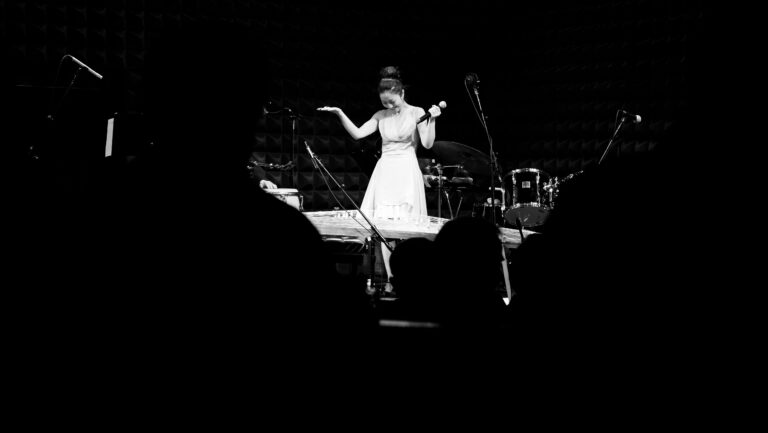
A multitude of instruments were perched on display before the trio and a couple of musical guests began to woo the crowd with their sound. A violin, a drumset, a variety of percussion instruments, a microphone, and Yumi’s infamous twenty-string koto. She grew up playing the koto, Japan’s national instrument, and eventually her talents transcended her into national stardom. On her koto, she composed her discography, and with the addition of strings, percussions, and horns her album “Metamorphosis” was fortified. Naho Parrini on the violin and Eric Phinney covering percussion completed the trio.
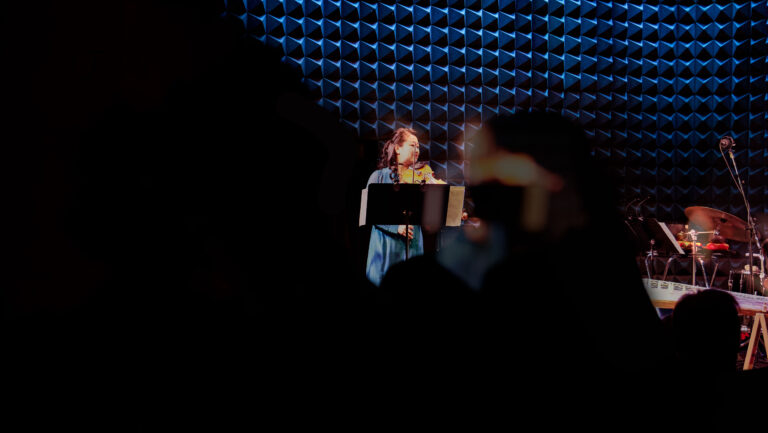
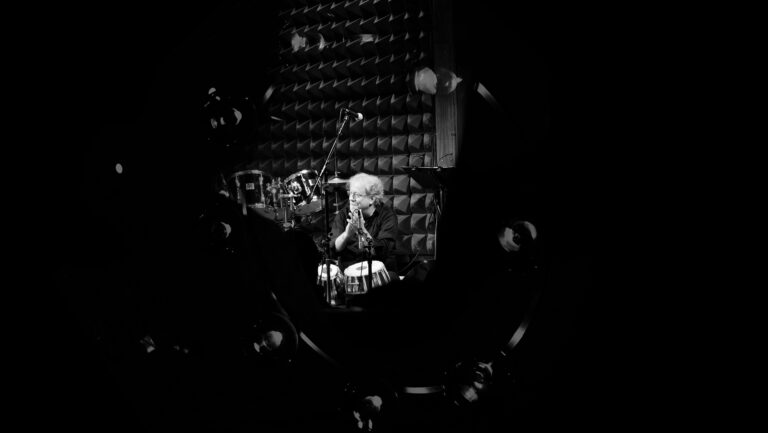
After performing some soothing introductory songs, Yumi took to the microphone. With gratitude overtaking her stage presence she beamed, “I have waited for today for a long time.” She proceeded to introduce the members of the trio, which elicited a warranted applause from the audience. Thanks were made to ZOHO Records, the Chamber Music Award, the Howard Gilman Foundation, and lastly those who chose to be there that evening.
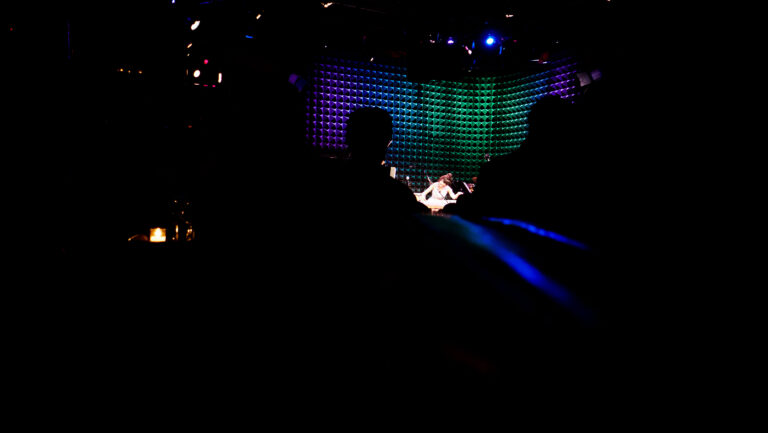
With each song came a story. While one song embodied the anxieties and thrills of traveling through South America on her previous tour, the other was meant to infuse life into the emotional stages she goes through when she composes. Her range as a composer was admirable. Traditional Japanese musical roots, Middle Eastern sounds, and contemporary instrumentals were living influences in “Metamorphosis.” She spoke on her ideas, calling them her most “beautiful and unusual” ideas, and referred to the term mandala – sequenced art.
The Yumi Kurosawa Trio surrendered to their music as the instruments seemed to be in control of their bodies. Yumi’s arms flailed into the air and swarmed across the koto strings. Her hands looked so natural. How new spring branches dance from the body of a tree. One couldn’t help but pay attention to their physical show, it almost seemed inhuman, the way they moved. Or perhaps it was the most human thing a person can do, devote their bodies to their instruments and their sound. Their expertise was magnetic, no one could pull their eyes away.
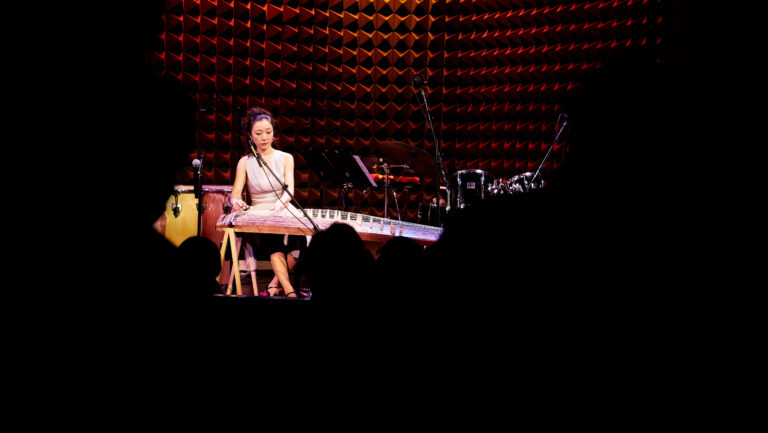
Two guests joined the trio on stage; Carlos Maldonado on the Latin percussion, and Zac Zinger on the shakuhachi and the alto saxophone. Their sound layered ethereally with the trio’s. All of their instruments blended to produce music of the elements. The very raw echo of the hand drums, the fine notes of the violin, the pluck of the koto, and the hollow whistle of the shakuhachi transported the audience out of New York City, to the forests of Japan. If a sound could float, “Metamorphosis” hovered above our heads as a soft rain cloud.
Carlos and Zac left the stage, taking their bows and waving their goodbyes. The trio thanked them and carried out the rest of their show. Once they arrived at their final song, Yumi spoke about her hometown Morioka-city, Japan. She told the audience about their annual event “Obon,” a tradition of welcoming back their ancestors and bidding them farewell again. She related the celebration to the closing of her show by performing their song “Departure.” Each instrumentalist on stage took turns soloing in the middle of the song to “display their roots.”
When Yumi signaled their outro, the audience erupted into lengthy applause. Yumi, Naho, and Eric took to their bows and expressed their grace. The trio reminded everyone to pick up their CD copy of their album, and to tell their neighbor about their sound. Yumi took the microphone and with a proud smile she bid farewell. “We hope to see you again somewhere.”
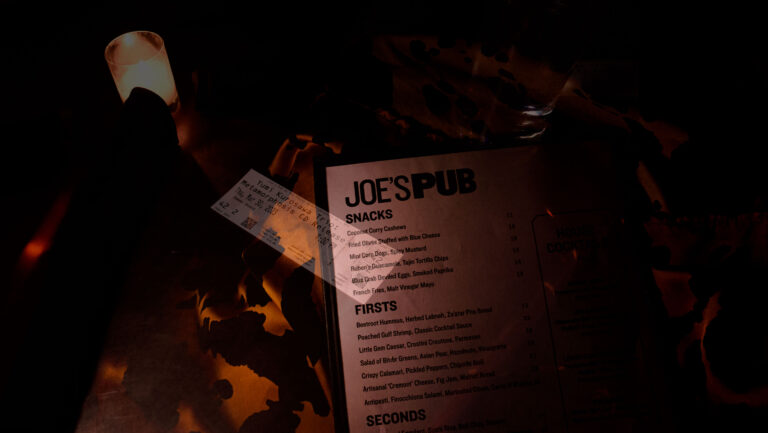
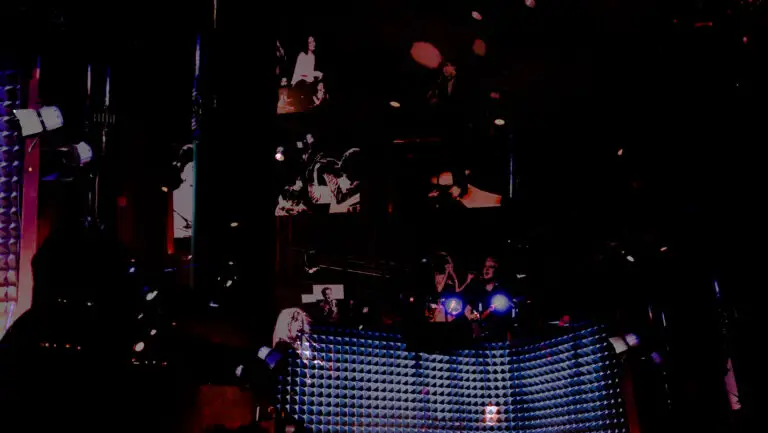
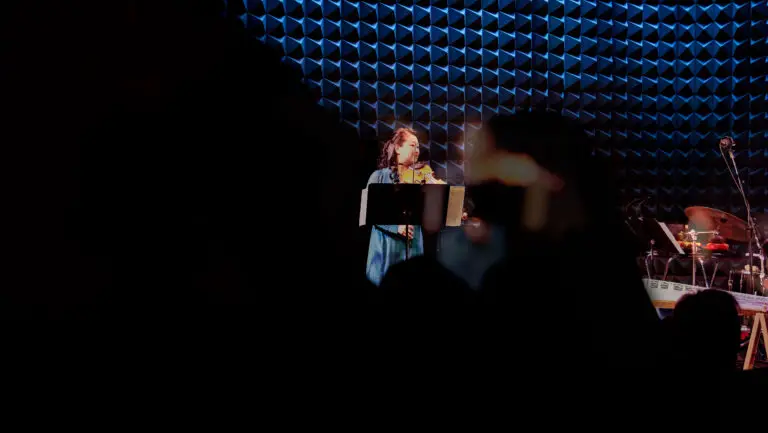
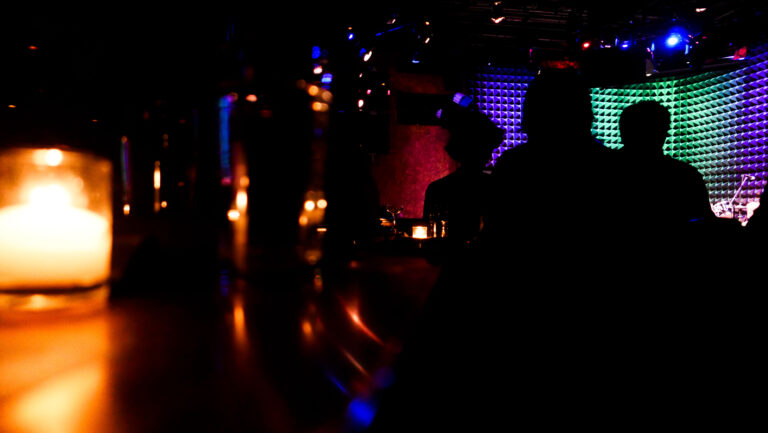


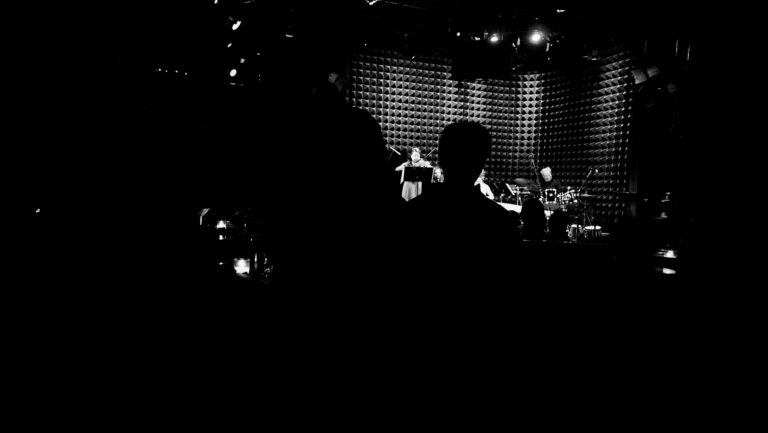
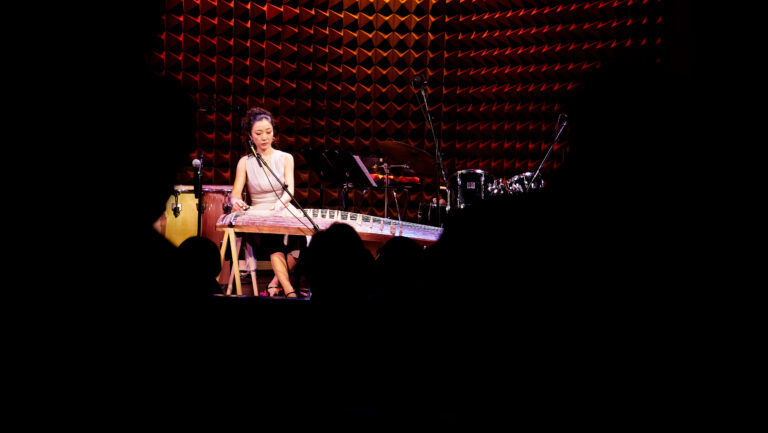



Comments are closed.